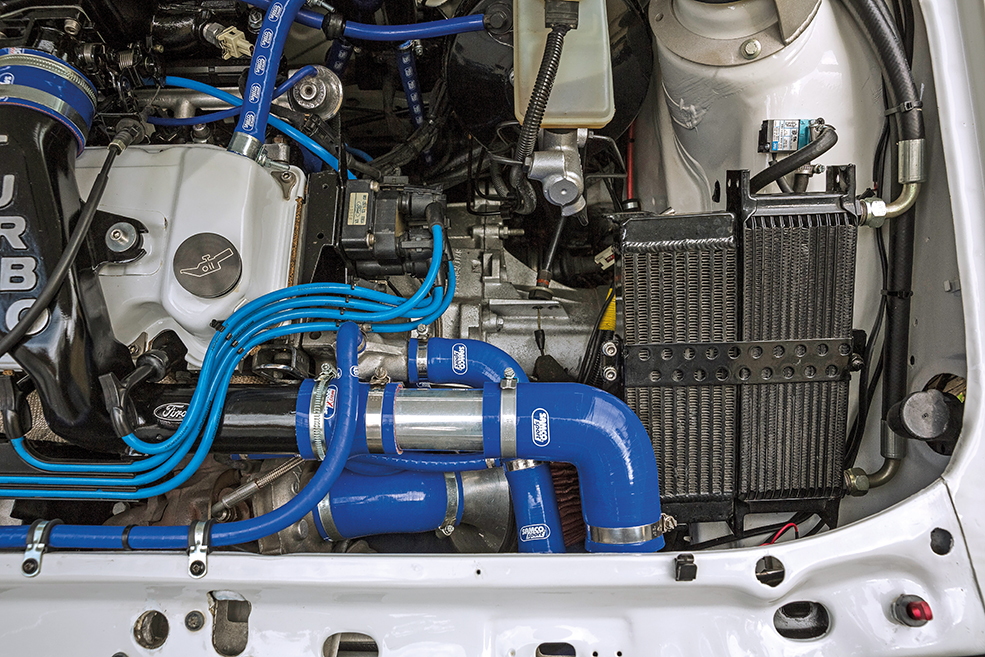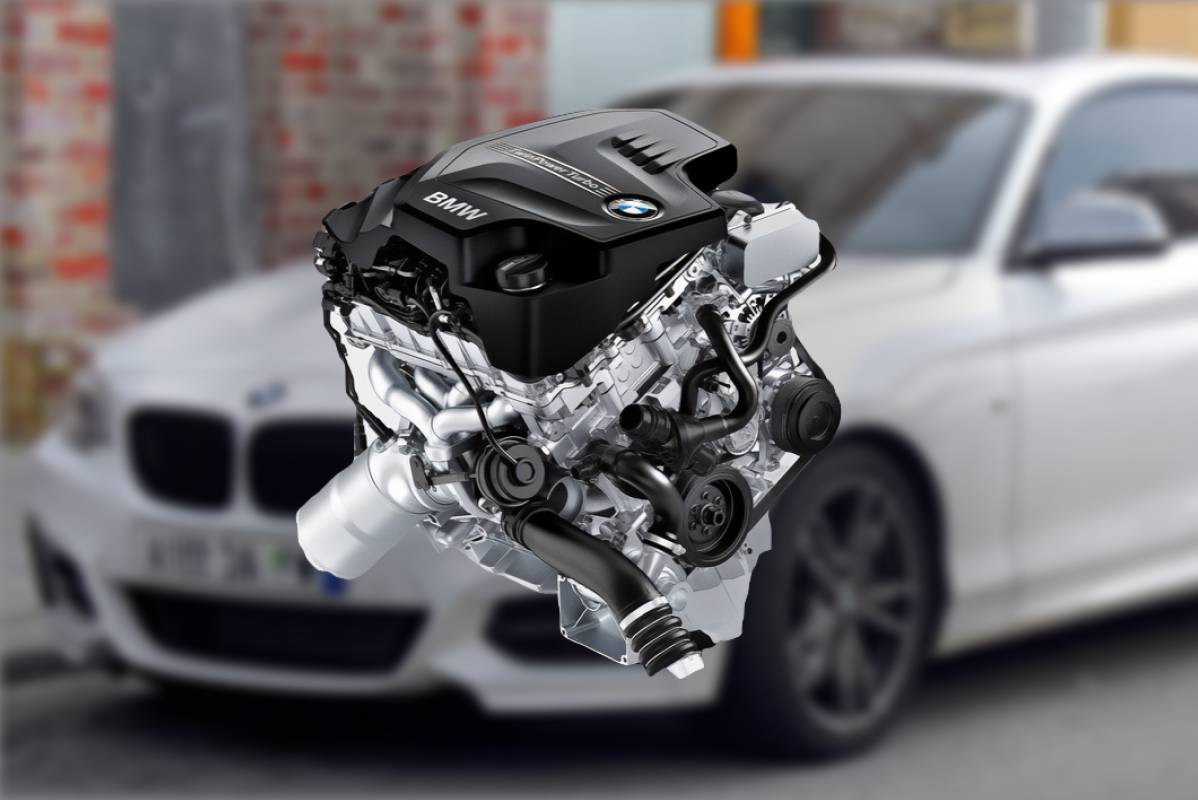Why Is Engine Tuning Crucial for Optimal Engine Temperature?
Engine tuning is crucial for optimal engine temperature as it ensures the air-fuel ratio is balanced, leading to efficient combustion and reduced heat generation. This prevents the engine from overheating and maintains its performance.
Proper tuning also enhances fuel efficiency and extends the engine’s lifespan. By adjusting parameters such as ignition timing and fuel delivery, tuning helps to optimize engine temperature for peak operation. In addition, it improves throttle response and overall drivability, making it an essential aspect of maintaining a healthy engine.
With precise tuning, the engine can operate at its ideal temperature, minimizing wear and tear while maximizing power output. This results in a smoother and more reliable driving experience while also reducing emissions for a greener vehicle performance.
Importance Of Engine Tuning
Engine tuning plays a crucial role in optimizing the performance of your vehicle’s engine, ensuring it operates at an optimal temperature. By fine-tuning various engine components and parameters, you can experience a range of benefits that enhance both performance and efficiency.
Enhancing Engine Performance
Engine tuning allows you to unlock the true potential of your vehicle’s engine, maximizing its power and performance. By optimizing the air-to-fuel ratio, ignition timing, and other critical engine parameters, you can unleash a significant increase in horsepower and torque. This means quicker acceleration, smoother power delivery, and an overall more enjoyable driving experience.
Improving Fuel Efficiency
One of the key advantages of engine tuning is its ability to improve fuel efficiency. By fine-tuning the engine’s parameters, you can achieve a more balanced air-to-fuel ratio, ensuring that the engine doesn’t run too rich or too lean. This optimized fuel mixture results in better combustion efficiency, reducing fuel consumption and saving you money at the pump.
In addition to optimizing the air-to-fuel ratio, engine tuning also helps to improve the efficiency of other engine components. For example, by adjusting the ignition timing, you can ensure that the fuel is ignited at the most optimum moment, maximizing power output while minimizing fuel wastage.
Furthermore, engine tuning can also enhance the performance of the engine’s cooling system, ensuring that the engine stays at the ideal operating temperature. Overheating can lead to reduced performance and even engine damage. With proper engine tuning, you can optimize the cooling system to effectively dissipate heat, improving overall engine reliability and longevity.
In conclusion, engine tuning is crucial for achieving optimal engine temperature and providing a range of benefits to your vehicle. By enhancing engine performance and improving fuel efficiency, you can enjoy a more enjoyable driving experience while also saving money in the long run.

Credit: www.fastcar.co.uk
Factors Impacting Engine Temperature
Optimal engine temperature is crucial for performance, affected by factors like tuning. Engine tuning plays a pivotal role in maintaining the ideal temperature, ensuring efficient operation and longevity. By fine-tuning the engine parameters, you can optimize performance and prevent overheating issues effectively.
Factors Impacting Engine Temperature When it comes to the optimal functioning of an engine, maintaining the right temperature is crucial. Factors impacting engine temperature include the combustion process and cooling system effectiveness.Combustion Process
The combustion process within the engine generates a significant amount of heat. A well-tuned engine ensures efficient burning of fuel, minimizing excessive heat production and maintaining optimal temperature.Cooling System Effectiveness
The cooling system plays a vital role in dissipating heat from the engine. Effective coolant circulation and proper functioning of components such as the radiator and water pump are essential for regulating engine temperature. In conclusion, understanding the factors that impact engine temperature and ensuring optimal tuning and maintenance are critical for the overall performance and longevity of an engine.Consequences Of High Engine Temperature
Consequences of High Engine Temperature
Engine Damage
- Overheating can lead to piston scuffing and cylinder scoring, causing irreversible damage to the engine.
- Excessive heat can warp the cylinder head and damage the gaskets, resulting in costly repairs.
- The high temperature can degrade the oil, leading to poor lubrication and increased wear on engine components.
Reduced Lifespan
- High engine temperature accelerates wear on critical components like the bearings and valves, reducing their lifespan.
- Continuous overheating can cause premature failure of the radiator, water pump, and other cooling system parts.
- Elevated temperatures also accelerate corrosion, reducing the overall lifespan of the engine and its components.

Credit: www.bimmer-tech.net
Benefits Of Optimal Engine Temperature
Maintaining an ideal engine temperature is vital for the smooth functioning and longevity of your vehicle. When your engine operates at the optimal temperature, it not only enhances durability but also improves power output. Let’s explore the benefits in more detail:
Enhanced Durability
An engine that runs within the recommended temperature range experiences reduced wear and tear, which in turn extends its lifespan. When the engine temperature is too high, the lubricating oil breaks down quickly, resulting in increased friction and potential damage to the engine components. On the other hand, if the temperature is too low, the oil does not reach its optimal viscosity and cannot protect the engine effectively.
Improved Power Output
Having your engine tuned for optimal temperature can also lead to improved power output. When the temperature is too low, the combustion process may not be efficient, causing a decrease in power production. Conversely, if the engine runs too hot, it can lead to detonation or pre-ignition, which can significantly impact performance. By finding the perfect balance of temperature, your engine can generate more power, ensuring a smooth and responsive driving experience.
By prioritizing engine tuning to maintain the optimal temperature, you can enjoy enhanced durability and improved power output, ultimately maximizing the performance and lifespan of your vehicle.
Role Of Engine Tuning In Regulating Temperature
When it comes to maintaining an optimal engine temperature, engine tuning plays a vital role in ensuring the engine functions efficiently and effectively. Proper engine tuning is essential for regulating temperature levels and preventing overheating, which can lead to decreased engine performance and potential damage.
Optimizing Fuel-air Mixture
By adjusting the fuel-air mixture, engine tuning ensures the right combination for proper combustion.
Adjusting Timing And Spark Plugs
Correct timing and spark plug adjustments help in maintaining the engine’s temperature stability.

Credit: www.facebook.com
Frequently Asked Questions Of Why Is Engine Tuning Crucial For Optimal Engine Temperature?
Why Is Engine Tuning Important?
Engine tuning is important because it enhances performance, improves fuel efficiency, and increases the lifespan of your vehicle. It optimizes engine functions and settings to deliver better power, torque, and responsiveness. Tuning also allows customization for specific driving preferences, enabling a more enjoyable and satisfying driving experience overall.
Why Is It Important For The Engine To Run At An Optimum Temperature?
The engine needs to run at an optimum temperature to prevent overheating and damage. This ensures efficient fuel combustion and reduces wear on engine components, leading to improved performance and longevity. Maintaining the right temperature also reduces emissions and helps the engine operate at peak efficiency.
Why Is It Important To Keep An Engine At Operating Temperature?
Keeping an engine at operating temperature ensures proper lubrication and combustion. This helps prevent wear and tear while reducing emissions and improving fuel efficiency. It also prevents moisture buildup and protects engine components from damage.
Why Do You Need To Know The Optimum Temperature Of The Engine Coolant Temperature?
Knowing the optimum engine coolant temperature is crucial as it ensures optimal performance and prevents damage. Maintaining the right temperature promotes fuel efficiency, minimizes emissions, prevents overheating, and prolongs engine life.
Conclusion
Engine tuning plays a crucial role in maintaining an optimal engine temperature. Through the fine-tuning of various components and parameters, such as fuel-air mixture and ignition timing, engine tuning maximizes efficiency and minimizes excessive heat generation. This not only enhances overall performance but also extends the lifespan of the engine.
Failing to tune the engine properly can lead to various issues such as overheating, increased wear and tear, and reduced fuel economy. So, ensuring regular and proper engine tuning is essential for keeping your engine running smoothly and maintaining an ideal temperature.
